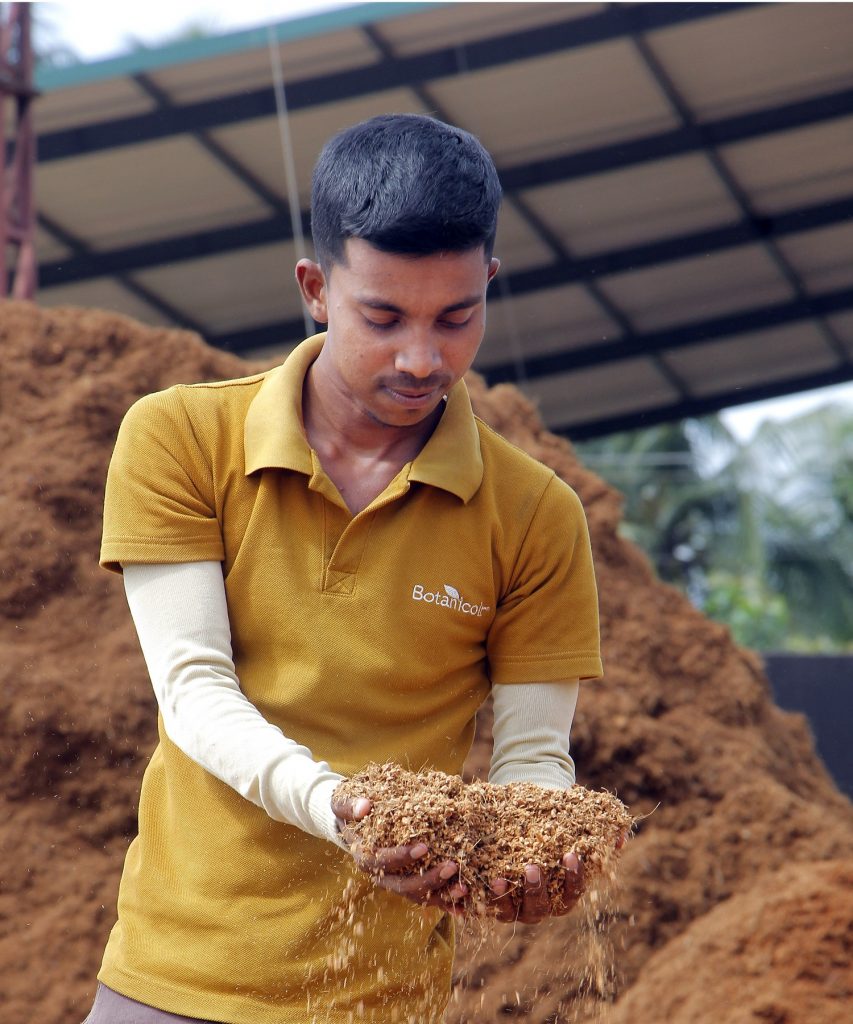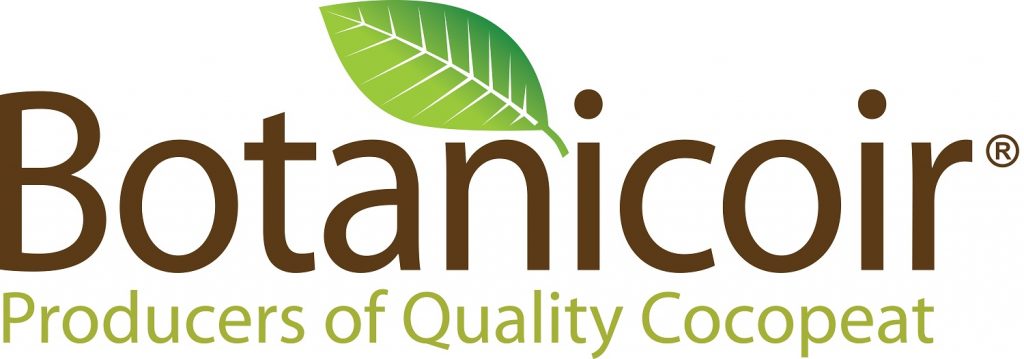Botanicoir and LEAF: New perspectives on sustainability

By Botanicoir and LEAF
Sustainability is a topic that is becoming an increasingly important attribute of many organizations, in response to the significant climate and ecological challenges currently being faced.
In addition, COVID-19 has highlighted the need for strengthening food supply chains across the globe and has focused attention on the need to make sustainability and food security a priority. Businesses, governments, civil society, consumers, farmers, and funders have been challenged to take responsibility for changing the food system.
In the agricultural industry, there are a wide variety of perspectives on what sustainability means, and often, attention is attributed a single attribute such as soil health, carbon emissions or plastics with high significance, without recognizing that sustainability is a multitude of complex and interrelated factors.
This article explores the perspectives on sustainability taken by Botanicoir and LEAF (Linking Environment And Farming), who in contrast, use sustainability in all its complexities to underpin their organizational structure and inform policies, activities, and targets.
Environment
There is no silver bullet solution to achieve environmental sustainability. Instead, it is about considering trade-offs and decisions on both short- and long-term perspectives. To do this, the viability and impact of alternative solutions need to be considered.
Botanicoir delivers a more sustainable choice for sourcing substrate by recognizing and addressing environmental challenges at every level of production. In sourcing and production, Botanicoir produces a high-quality coir product produced from the husk of a coconut, an alternative to substrates from non-renewable sources.
In processing, challenges presented by water, drying and plastic use are addressed by taking a forward-thinking and innovative approach. Waste-water management and purification plant has been established, a biomass boiler powered dryer installed, and bio-degradable plastic grow bags launched in 2019.
In addition, achieving ISO 14001:2015 gives independent assurance of Botanicoir’s environmental management strategies, and corporate membership of LEAF indicates their support for more sustainable farming.
For LEAF, the complexity of sustainability is captured within the framework of Integrated Farm Management (IFM), which recognizes the interaction and role of 9 different elements necessary to achieve more sustainable farming. The whole-farm approach of IFM enables businesses to identify the appropriate sustainability solutions within their own individual context. LEAF facilitates knowledge exchange of IFM best practice through the LEAF Network.
This includes LEAF Demonstration Farms - commercial farms that demonstrate the variety of ways IFM is implemented - and LEAF Innovation Centres - research organisations that ensure IFM is evidence-based. LEAF Marque certification enables consumer and industry recognition of businesses that are implementing IFM and delivering more sustainable farming. LEAF Marque certified businesses comply with the LEAF Marque Standard, which is underpinned by IFM. For more information on the impact of LEAF Marque certified businesses, see LEAF’s latest Global Impacts Report.
Social
Both Botanicoir and LEAF recognize that a business’s most important asset is its team. Botanicoir embeds sustainable practices in the company’s culture and enables employees to have a positive work-life balance that supports their health and mental wellbeing, especially during challenging times such as these.
All Botanicoir factories have a strict no child labor policy, set working hours and regular, ample rest periods. Supervisors are constantly present to ensure that health and safety measures are always met. All employees receive a wage that is above the industry average, a healthcare scheme, meals at work, and transport to and from the factory.
For LEAF, team training is an important part of Integrated Farm Management, as shared responsibility and ownership is essential to ensuring the delivery of more sustainable farming.
Social sustainability can also extend beyond that of the organization or farming business. Community engagement activities are important for delivering public recognition and support of more sustainable farming as well as building goodwill amongst local communities.
Botanicoir supports local communities by engaging with long-term initiatives to improve the local infrastructure and schools and supports projects that play a central part of the communities’ culture, for example sponsorship of a temple and an orphanage. Public engagement is a core pillar of LEAF’s activities, including LEAF Education’s mission to embed agriculture within the curriculum, and reconnecting people with their food and where it comes from through LEAF Open Farm Sunday which, this year, took place online.
In addition, Community Engagement is an attribute of Integrated Farm Management, and LEAF Marque certified businesses have demonstrated the range of opportunities for community engagement, from hosting school visits, supporting local schools, to providing facilities for cooking lessons, or community areas for staff.
Economic
A sustainability solution is not defined only by its contribution to environmental objectives, it must also be economically viable over the long-term. The economics of sustainable farming is challenging, and the truth is that there is severe price pressure on farmers by supermarkets. Many may find it difficult to afford to pay a higher price during production, even if this is at a detriment to their environmental impact. Botanicoir and LEAF demonstrate two approaches to achieving economic sustainability.
Botanicoir raises awareness of sustainability issues at an industry and consumer level to drive forward support for more sustainable farming. They collaborate within the sector and work with peers to effect positive change in order to present a united front when working with the government.
LEAF and the framework of IFM enables businesses to identify sustainability solutions that support both economic and environmental outcomes, such as more efficient energy use on lighting and heating, which also enable cost savings. In addition, the IFM framework is context-specific, and producers define their IFM activities within the means of the resources available.
As such, businesses adopt sustainability solutions that are focused on long-term economic targets and support environmental outcomes relevant to their context. Finally, LEAF Marque certification enables recognition of sustainable farming practices, thus creating opportunities for the support for those delivering it.
Overall, Botanicoir and LEAF are two very different organizations with contrasting activities respective to the context in which each operates. Yet despite this, there is a shared perspective of sustainability, and as a result, both make significant contributions towards the shared goal of achieving and supporting more sustainable agriculture.
Sustainability is not restricted to a single criterion or outcome, but incorporated into every decision and activity, resulting in an outcome-based, integrated, and people-led approach that contributes to all three core pillars of sustainability.
For more information:
Leaf (Linking Environment And Farming) - www.leafuk.org
Botanicoir - www.botanicoir.com














































